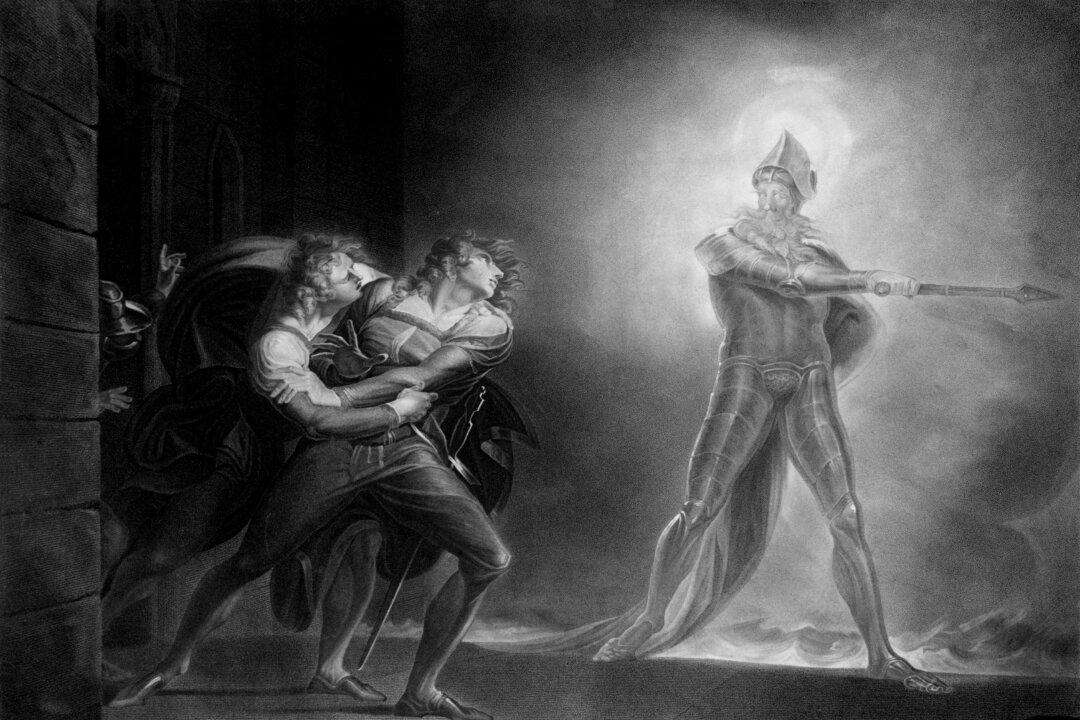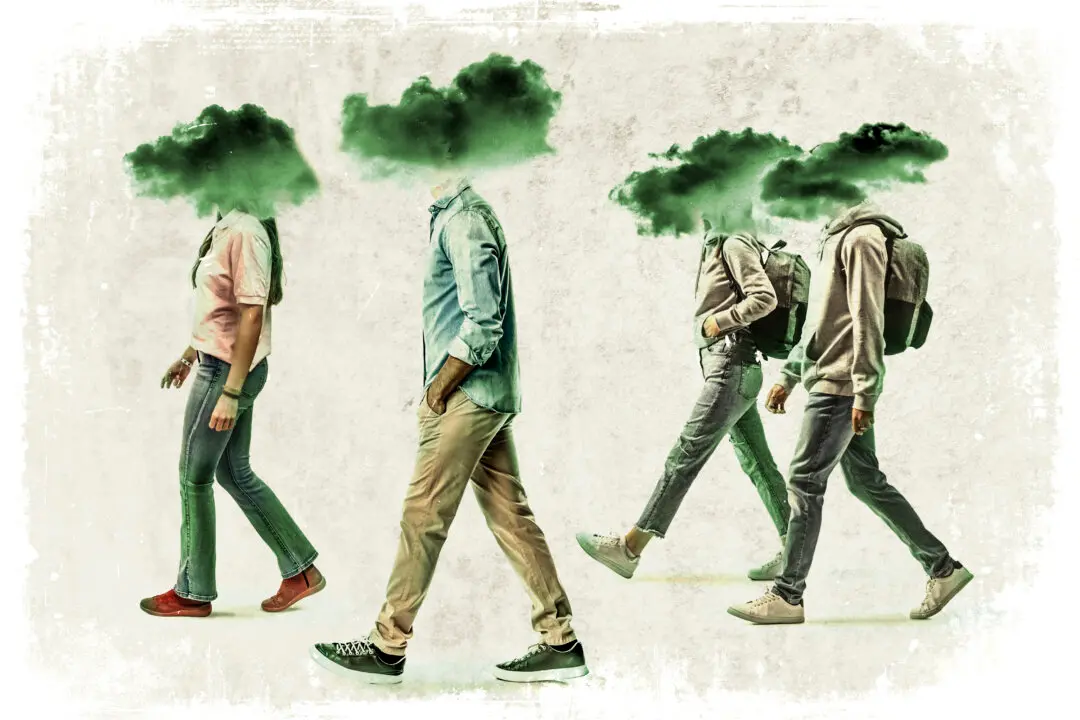“To be, or not to be: that is the question.” This is the most famous line in all of English literature. Yet, it also has everything to do with modern China. Are you surprised? I will explain.
The line comes from a soliloquy in William Shakespeare’s “Hamlet, Prince of Denmark.” Prince Hamlet is in a hard situation when he utters this famous line. As the story tells us, his father, King Hamlet, has died mysteriously. His uncle, Claudius, soon takes the throne and announces that a venomous snake killed the old king. But Prince Hamlet has always suspected his uncle for his father’s death.
Then the spirit of his father comes and tells him that his uncle murdered him during his sleep in the garden. Prince Hamlet is furious when he hears this, and is about to set out for revenge. But how is he going to do it? Everyone believes Claudius’s lies, as the spirit of Hamlet’s father says in the story, “So the whole ear of Denmark is by a forged process of my death rankly abused,” and some words from a ghost won’t be able to overthrow these lies. If Hamlet puts himself against Claudius, that is to put himself against everyone in Denmark.
Since it was first performed around 1602, Hamlet has become a foundational text in English literature and Western culture. At the play’s core is this universal struggle to take action: to rise to the occasion when all odds are against you and do what is right even when it puts every fiber of your being to the test. Today, this timeless theme is seen perhaps nowhere more clearly than in modern China.
There are many disenfranchised groups in China today: democracy activists, Tibetans, and Christians, but also bloggers, lawyers, and businessmen. Falun Dafa, also known as Falun Gong, is another of these groups. Falun Gong is a peaceful Chinese spiritual discipline that has five meditation exercises, and teaches people to conduct themselves according to truthfulness, compassion, and tolerance. Practitioners report improvements in health and morals and all the discipline’s teachings and books are free online. After Falun Gong dramatically grew in popularity in the 1990s, in July 1999, China’s leader Jiang Zemin launched a campaign of persecution against it.
There were about 100 million people practicing Falun Gong in China, which was more than the members of the Chinese Communist Party (CCP)—the only political party of China with any real power. Seeing Falun Gong as a threat to his power, leader Jiang ordered the persecution. The Chinese government started to arrest Falun Gong practitioners and send them to jails and labor camps. Thousands have been killed and many millions imprisoned, brainwashed, and tortured by authorities in China, as confirmed by the U.S. State Department, Amnesty International, and Freedom House. While Jiang is no longer officially in power (he and his faction still exercise control), his policy of persecuting Falun Gong continues today.
Falun Gong practitioners are like Hamlet. Hamlet knows that it is Claudius who murdered the old king and usurped the throne. Falun Gong practitioners know that it is Jiang Zemin and the CCP who have similarly carried out a great injustice against the country. Yet, in both cases justice is only revealed to our heroes, Hamlet and Falun Gong practitioners.
All people in Denmark must listen to and obey Claudius because he is their king. Similarly, the people of China have been forced to listen to and obey Jiang, the CCP, and their state-controlled media. While Claudius lied about the king being bitten by a snake, the Chinese media make up lies slandering Falun Gong and its founder, Li Hongzhi. They broadcast false and ridiculous reports alleging that people got serious health problems or became mentally ill and killed their family members after practicing Falun Gong.





